A toothless whale fossil without signs of baleen could help explain how the whale filtration system evolved.
Researchers have identified a 33-million-year-old whale fossil that may represent the missing link between toothed and baleen whales, according to a study published in Current Biology. They call the fossilized species Maiabalaena nesbittae.
Whales were once all toothed predators. Around 36 million years ago, a group of them evolved to lose their teeth. We don’t know what drove that evolutionary trend, but it ultimately gave rise to today’s filter-feeding whales. There are whales today with teeth though, Sperm whales have teeth in their bottom jaw, but none on the top, so they cannot bite or chew. Narwhals’ only teeth are their long tusks, which they do not use for feeding.
According to the new study by researchers at the Smithsonian Museum of Natural History, Texas A&M University, the Burke Museum of Natural History and Culture in Seattle, and George Mason University, this ancient whale named Maiabalaena nesbittae fed with neither teeth nor baleen.
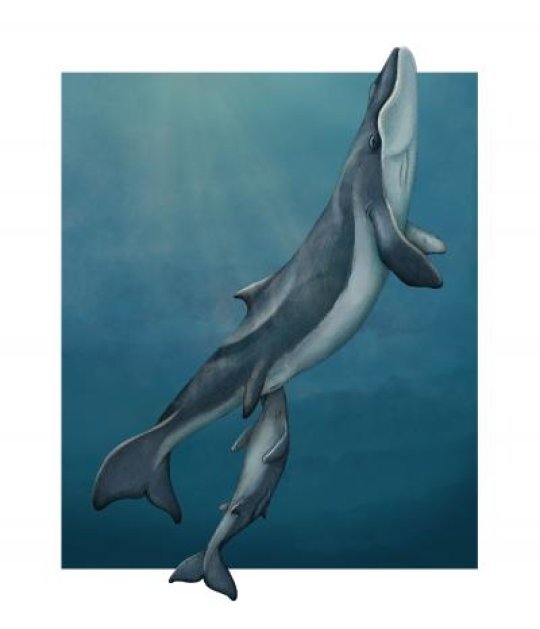
Using new methods – CT scan – to analyze long-ago discovered fossils housed in the Smithsonian’s national collection, they found that the whale skull not only lacks teeth but is also missing tiny holes in the jaw where blood vessels to nourish either teeth or baleen would attach.
The team, therefore, determined that this toothless, 5 meter (15-foot) whale likely had no baleen, showing a surprising intermediary step between the baleen whales that live today and their toothed ancestors.
Whales were the first mammals to evolve baleen, and no other mammal uses any anatomical structure even remotely similar to it to consume its prey. But frustratingly, baleen, whose chemical composition is more like that of hair or fingernails than bone, does not preserve well.
But for the first time, we can now pin down the origin of filter-feeding. The first whales evolved from land mammals 55 million years ago. They inherited their teeth from their terrestrial ancestors. Then, Baleen whales arose about 25 million years ago.
Reference:
Carlos Mauricio Peredo et al. Tooth Loss Precedes the Origin of Baleen in Whales Published: November 29, 2018DOI:https://doi.org/10.1016/j.cub.2018.10.047

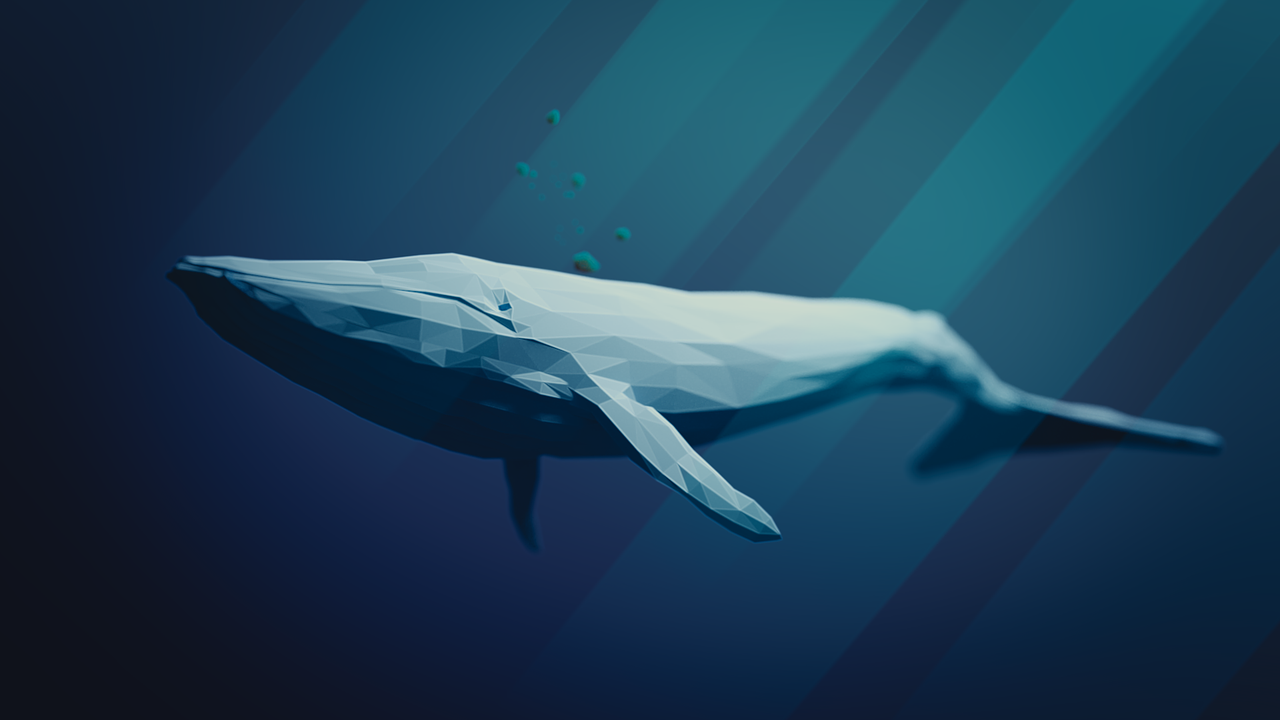
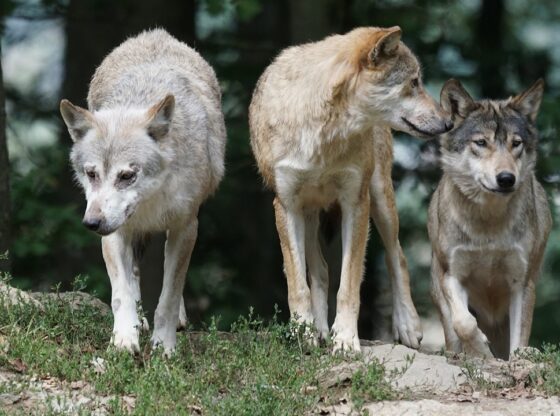
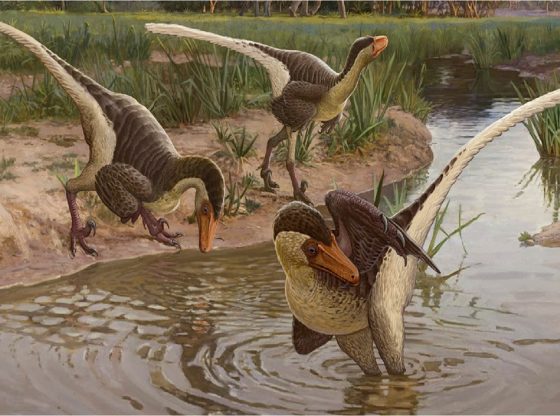


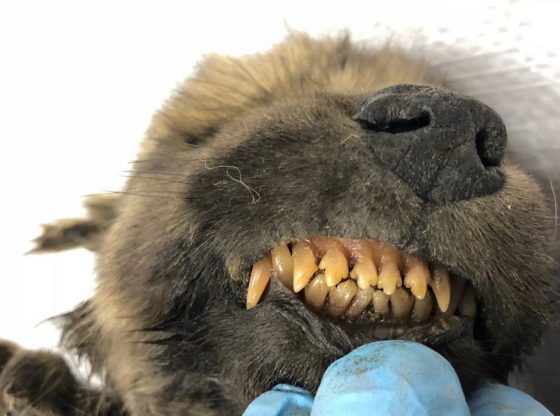
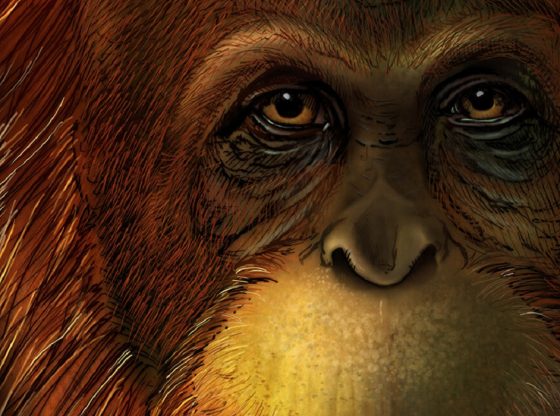
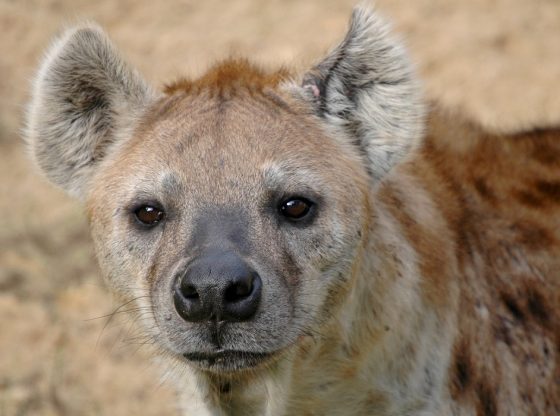
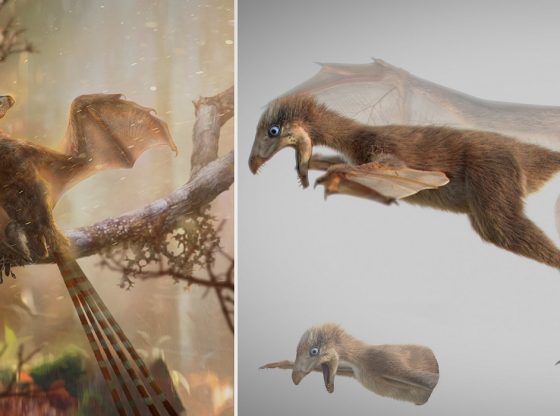
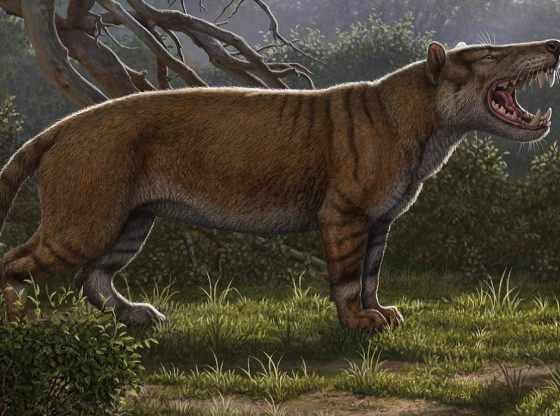
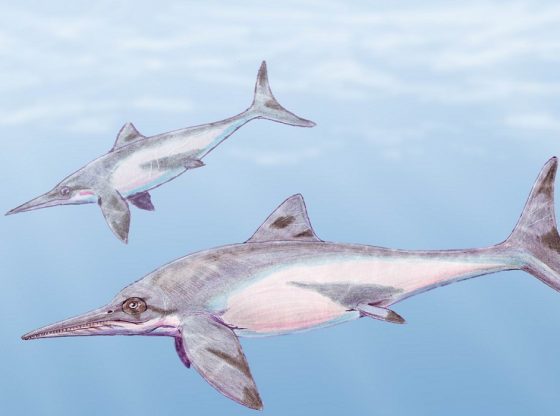
![OpenAI. (2025). ChatGPT [Large language model]. https://chatgpt.com](https://www.illustratedcuriosity.com/files/media/55136/b1b0b614-5b72-486c-901d-ff244549d67a-350x260.webp)
![OpenAI. (2025). ChatGPT [Large language model]. https://chatgpt.com](https://www.illustratedcuriosity.com/files/media/55124/79bc18fa-f616-4951-856f-cc724ad5d497-350x260.webp)
![OpenAI. (2025). ChatGPT [Large language model]. https://chatgpt.com](https://www.illustratedcuriosity.com/files/media/55099/2638a982-b4de-4913-8a1c-1479df352bf3-350x260.webp)








